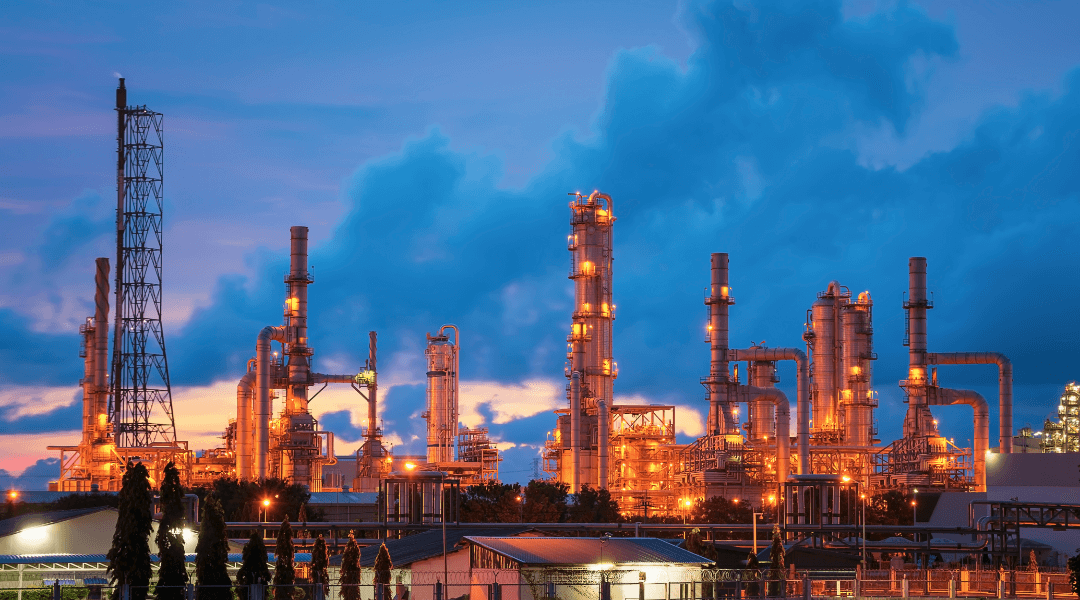By DERRICK SILIMINA
Zambia’s fuel import bill from the Middle East currently stands at more than US$1.2 billion annually.
Apart from the high cost of fuel hovering around US$79 a barrel on the international market and a weak kwacha, transportation costs are also on the rise due to the country’s distance from the Gulf region.
For this reason, in an attempt to lower fuel pump prices, Zambia has shown keen interest to own stakes in Angola’s Lobito Refinery based in Benguela Province on the Atlantic Coast.
“It makes no sense to import fuel from other parts of the world when we have a neighbouring producer. I don’t know how we have managed to maintain this situation of buying fuel from Saudi Arabia and other parts of the world and not from our neighbour,” President Hakainde Hichilema said during his recent three-day visit to Angola.
SIGNED
Angola’s state-owned Sonangol recently signed an MOU with China National Chemical Engineering Co. Ltd. (CNCEC) that could potentially advance its previously delayed plan to build a refinery in Lobito. The refinery is expected to be completed in 2026, with the capacity to produce around 200,000 barrels per day, of which Zambia will enjoy 100,000 barrels per day.
Angola state oil firm Sonangol will hold a 30 per cent stake while energy experts expect Zambia to hold a meaningful share in the remaining 70 per cent which will also attract other investors. Zambia will participate via a Public-Private Partnership (PPP).
“It is very natural that Zambia, as our neighbour, has a great interest in acquiring these fuels in Angola, a neighbouring country, especially when Angola has a greater capacity to refine the crude oil it extracts,” Angolan President João Lourenço said.
The Lobito Refinery represents one of the most important infrastructure projects in the Angolan energy sector and will enable the country to become self-sufficient in refined fuels such as gasoline, diesel, Liquefied Petroleum Gas or Jet Fuel A1. The refinery will additionally enable the country to export and supply neighbouring countries.
“We will have enhanced energy security due to the refinery’s proximity to Zambia as compared to 10,000 kilometres away in the Middle East where most of our petroleum products are imported from,” energy expert Johnstone Chikwanda said in an exclusive interview.
Dr Chikwanda says by tapping into Lobito Refinery, Zambia will be assured of cheap fuel because much of the pricing in the petroleum mechanism, about 30 per cent or so, is the cost of transportation. “Any approach that reduces transport costs will deliver a significantly cheaper landed product.”
PREFERENTIAL ACCESS
As a shareholder in the facility, Dr Chikwanda noted that Zambia will have preferential access to a fair price of fuel and also be able to dictate the terms and agree on interval price revision.
“When you are a shareholder, it is easy to discuss pricing terms and how long we are going to be taking before a new price is reviewed. This move will easily take away our thirty-day price review of fuel,” he states.
Dr Chikwanda maintains that the project will enhance regional integration as the transnational asset will bring the nations together and open up more avenues for economic projects of common interest.
For this reason, the long-awaited Memorandum of Understanding (MoU) with Angola to develop a US$5 billion oil pipeline was recently inked, thus paving the way for feasibility studies for the development and implementation of the Angola-Zambia Refined Petroleum Multi-Product Project (AZOP).
This is a private sector-led project being promoted by Basali ba Liseli Resources Limited (a Zambian company).
According to AZOP, the project will cover 1,400 kilometres from the Port City of Lobito, to Lusaka in Zambia. The pipeline system will not involve middlemen but is designed to deliver finished products including petrol, low-sulphur diesel, Jet fuel and Liquefied Petroleum Gas (LPG) to Zambia and Katanga Province in Congo DRC.
REDUCE
AZOP project will also reduce the relative pump pricing in Zambia and the regional target market. It is envisaged that this would eventually spur migration from the use of charcoal to the use of LPG, in most domestic homes.
The pipeline project is planned to be completed by January 31, 2028, while feasibility studies are expected to be concluded in two years due to the complexity and size of the pipeline project.
Energy Minister Peter Kapala recently disclosed that plans are progressing.
“I hosted stakeholders of the Angola-Zambia Refined Petroleum Multi-Product (AZOP) Project at my office as we discussed plans to speed up the implementation of the project. Representatives of Angola’s oil company Sonangol and the Zambian firm BBRL attended the meeting which was called to analyze the new terms of reference for the project.”








